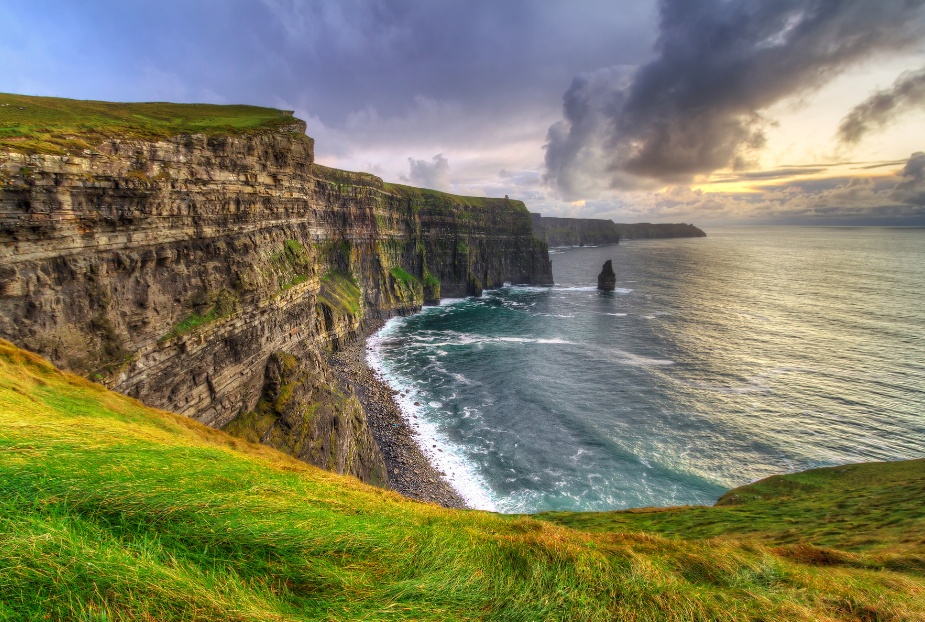From weather warnings to travel rule changes that could cost you, we round up the latest travel news and updates from around the globe each month (newest updates top of page).
*Follow us on Facebook, Instagram, LinkedIn and TikTok to stay updated daily — because travel never sleeps!
Air France-KLM has rolled out a new ‘Short Connection Pass’ at Paris-Charles de Gaulle Airport to help travellers with tight layovers make their next flight on time.
Here’s how it works: If your connection time is below a certain threshold — based on your itinerary and the distance between terminals — you’ll automatically receive a text and email on arrival alerting you to priority access at security and border control. Soon, notifications will also appear in the Air France app and even on WhatsApp.
At the checkpoints, your boarding pass will flag the short connection to staff, who will then guide you through priority lanes.
“The goal is to minimise processing time and enable customers to reach their boarding gate within the allotted time,” Air France-KLM said.
The perk is available to all connecting passengers, regardless of nationality.
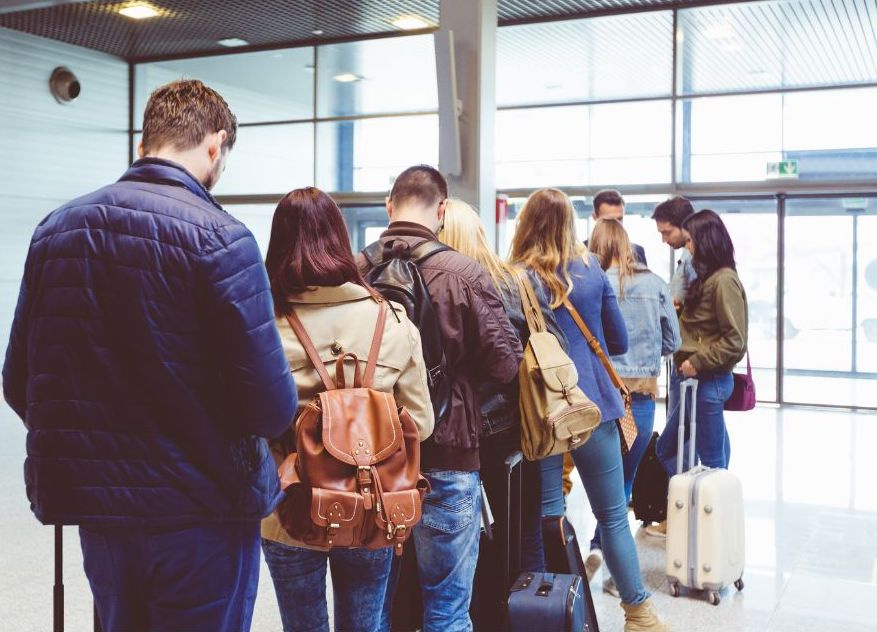
***
Overtourism has turned Italy’s dream destinations into crowded hotspots — and local authorities are fighting back with stricter rules and hefty fines.
Venice, for example, has rolled out a detailed list of “unacceptable behaviour” on its official website. Offenses include sitting on monuments or bridges to eat (€100–€200), swimming in the canals (€350), littering (€350), and even strolling bare-chested (€250).
And Venice isn’t alone. In Tuscany, Veneto and Campania, wearing swimwear outside of beaches can earn you a fine of up to €500. Cinque Terre hikers? Ditch the flip-flops — improper footwear could cost you a whopping €2,500! Some towns, like Portofino, even impose seasonal fines, such as €500 for eating on the ground during peak months.
The goal is simple: protect heritage sites, keep cities clean and curb rowdy behaviour. So, if you’re planning an Italian getaway, check local rules before you go — and maybe keep that swimsuit under wraps.

***
Air France is reinstating its seasonal nonstop flights between Cape Town and Paris, just in time for South Africa’s summer and Europe’s festive season.
From 15 December 2025 to 12 January 2026, travellers can enjoy daily flights on the state-of-the-art Airbus A350, departing Cape Town each morning at 08:50 and landing in Paris by 19:20. The return service leaves Paris at 18:30, touching down in Cape Town at 06:45 the next day.
The schedule offers European travellers easy access to Cape Town’s beaches and wine country, while South Africans gain seamless connections to Europe, the Americas, and beyond.
In partnership with KLM, Air France-KLM will also boost its South African services to 32 weekly flights, adding more than 11,000 seats each way.
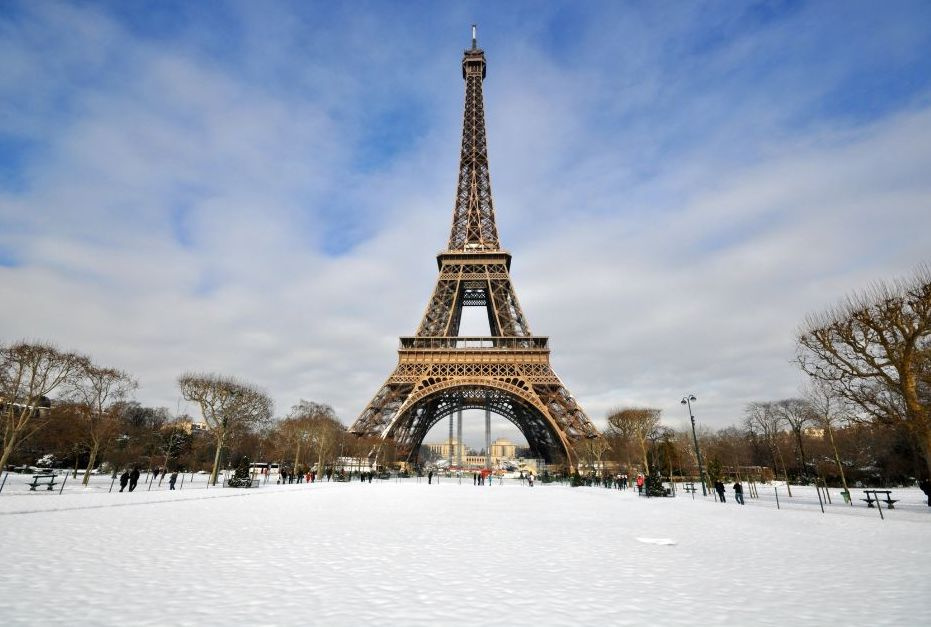
***
If you’ve ever had to toss your favourite lotion at airport security, here’s some good news: The European Union has started phasing out the 100ml liquid rule for hand luggage, and the United States may soon follow suit.
For nearly two decades, travellers have been limited to liquids of 100ml or less in carry-on bags, a rule introduced back in 2006 after authorities foiled a major terror plot involving liquid explosives. Since then, traditional X-ray machines have required strict controls, forcing travellers to pack toiletries in small containers and pull out laptops during screening.
Now, technology is changing the game. The European Civil Aviation Conference has approved advanced CT scanners that can accurately screen liquids and electronics without removing them from your bag — but only at airports with the new high-tech scanners. This means travellers at equipped airports will be allowed to carry up to two litres of liquids in their hand luggage, and laptops can stay packed.
The rollout is already underway in Italy, with Rome Fiumicino, Milan Linate and Milan Malpensa among the first to ditch the 100ml rule. Other European airports will adopt the change as soon as the scanners are installed, but for now, not every airport has the tech — so check before you fly.
Across the Atlantic, the US Department of Homeland Security, Kristi Noem, has confirmed that it’s considering similar changes. Speaking in July, Noem said relaxing liquid limits would “streamline the air screening experience” for passengers. The move would follow the recent decision to end the shoes-off rule at US airport checkpoints, a policy that had been in place since 2001.
The US still applies the 100ml (3.4oz) restriction, but pilot projects using CT scanners are underway at selected airports. A nationwide rollout will take time — only a fraction of America’s airports currently have the necessary equipment.
For South Africans flying long-haul to Europe or the US, this could mean shorter queues and less stress at security in the future. But don’t throw out your travel-sized toiletries just yet — unless you’re heading through one of the lucky airports already upgraded.
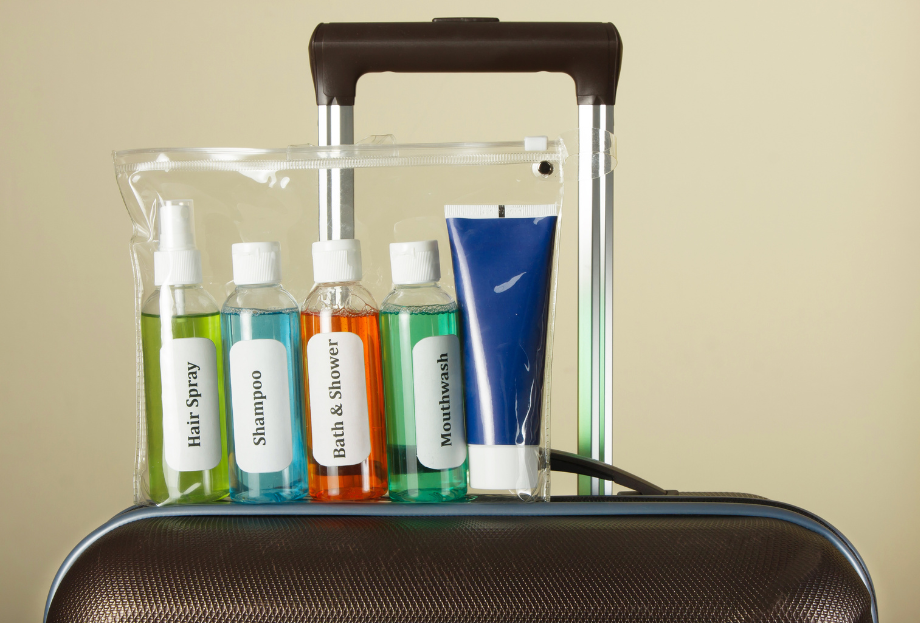
***
Planning a trip to Scotland? Get ready to budget a little extra. Aberdeen has given the green light for a 7% visitor levy on overnight stays, set to kick in from April 2027.
The aim? To boost funding for infrastructure and services that tourists rely on—think roads, public spaces, and attractions. City officials say it’s about making tourism more sustainable while easing pressure on local taxpayers.
According to the BBC, the average hotel room in Aberdeen costs around £70 (about R1,664), meaning an extra £5 (roughly R120) per night for visitors.
Interestingly, Aberdeen’s planned 7% charge is higher than Edinburgh and Glasgow, where the levy is set at 5%. Similar visitor taxes are already common across Europe in cities like Amsterdam, Paris, and Venice.

***
Good news for anyone dreading long queues at Home Affairs: Capitec Bank and FNB are rolling out more Smart ID and passport services under a new partnership with the Department of Home Affairs.
The move is part of a big expansion plan announced in April to bring these services to hundreds more bank branches—urban and rural—across South Africa. Up until now, only 30 branches from five banks offered this service, and it required duplicating Home Affairs staff and equipment in-branch.
The new digital model aims to change that, making it faster and more convenient for South Africans to sort out their documents without the usual hassle.
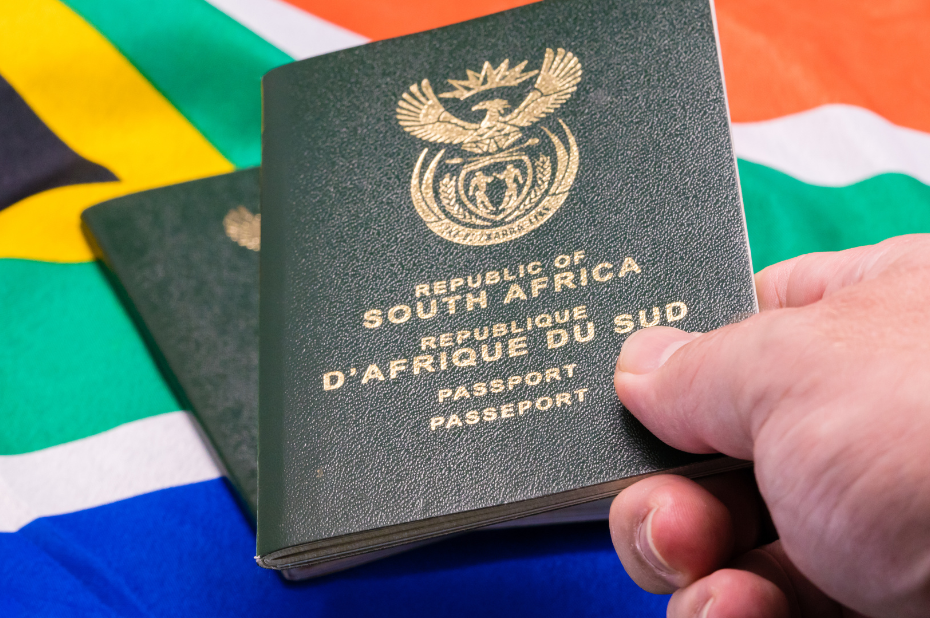
***
Thinking about hiking New Zealand’s famous trails? Soon, it might cost you extra. Prime Minister Christopher Luxon announced plans to charge foreign tourists between NZ$20 (about R213) and NZ$40 (R425) to visit some of the country’s most popular natural attractions.
Why the new fee? The government says it’s about preserving fragile ecosystems, managing overcrowding, and funding maintenance at heavily visited sites. Many of these locations—like Cathedral Cove, Tongariro Crossing, Milford Track, and Mount Cook—see up to 80% of visitors coming from abroad, which puts pressure on local infrastructure and the environment.
If introduced, the levy could later extend to other high-volume attractions. Similar fees are already common in destinations like Bali and Venice to promote sustainable tourism.
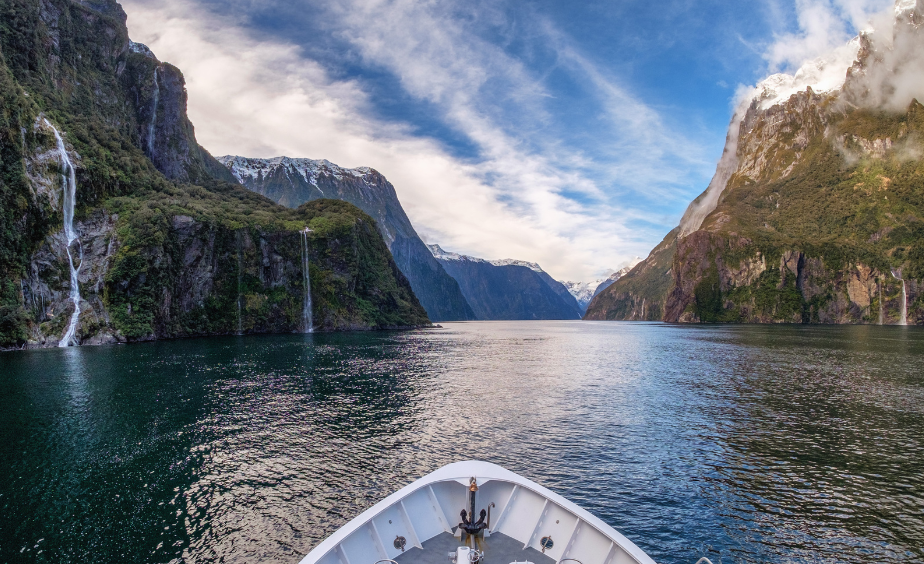
***
South African travellers heading to the United States will soon be hit with a new $250 (approx. R4,500) “visa integrity fee” on top of existing visa costs.
Part of new U.S. legislation, the fee will apply to all non-immigrant visa types — including tourism (B-1/B-2), business, study (F-1), work (H-1B), and exchange visitor (J-1) visas — and must be paid at the time of visa issuance.
The fee applies to South African passport holders, as South Africa is not part of the U.S. Visa Waiver Program.
While the law allows for a potential refund after visa expiry, travellers must meet strict conditions, and no clear refund process exists yet, making the fee effectively non-refundable for now. The amount will also be adjusted annually for inflation from 2026.
This change will significantly raise the cost of U.S. travel for individuals, families, and students. Travellers are urged to monitor updates from the U.S. Department of State or nearest U.S. embassy before applying for a visa.
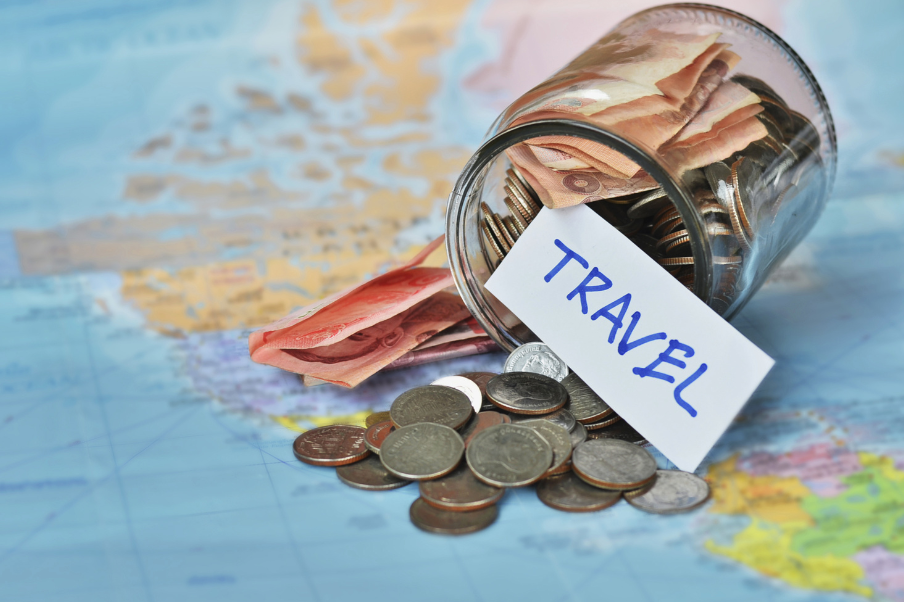
***
Thailand has postponed its planned 300-baht (R18) tourist entry fee to mid-2026 due to weak visitor numbers and economic uncertainty. Originally set for 2025, the fee—intended to fund tourism infrastructure and insurance—will apply to international arrivals by air, with lower rates for land and sea entries. The government says it will hold off until tourism demand picks up.

***
Travellers to Europe are battling what experts predict will go down on record as the worst summer of flight delays on record. Germany, Greece, Spain and France are the hardest hit, with hundreds of cancellations already logged due to air traffic control strikes, staffing shortages and overwhelming demand.
Eurocontrol, Europe’s air traffic agency, warns that the system is running at near capacity, with disruption levels already rivalling the worst seen in previous years. Reduced airspace from the war in Ukraine has only added to the pressure.
Travellers should expect significant delays and extended airport waits — especially in major hubs across the affected countries. If your flight is impacted and you booked through a Sure Travel Agent, contact them directly for assistance. And don’t forget: passengers are entitled to compensation or rebooking options under EU air travel regulations (if affected, ask your Sure Travel Agent for details).
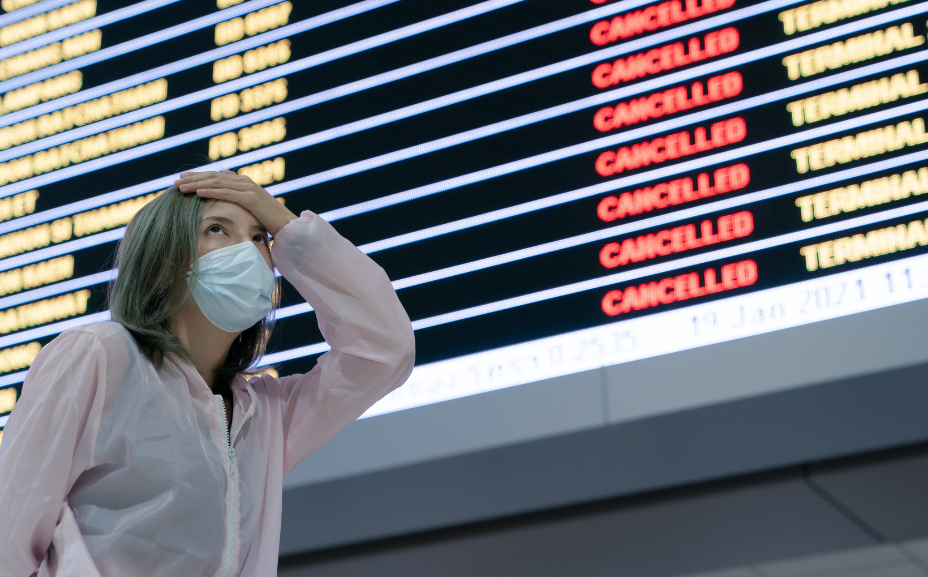
***
South African passport holders no longer need an Electronic Travel Authorisation (ETA) to enter Kenya. The update, now confirmed on Kenya’s official ETA site, follows a government directive aimed at easing travel across the continent. Travellers from other Southern African countries — including Zimbabwe, Zambia, Botswana, Namibia, Malawi, Mozambique, Eswatini and Lesotho — are also now exempt. Less admin, more adventure!
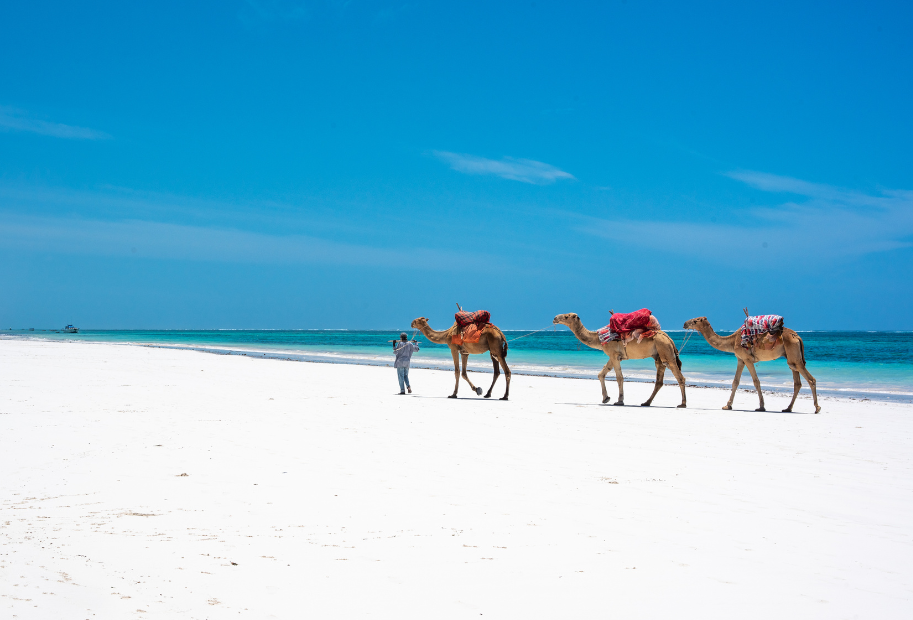
***
South African travellers hoping to visit Ireland are facing mounting frustration as visa processing delays continue to cause widespread disruptions. Since Ireland scrapped its visa-free entry for South Africans in July 2024, travellers have struggled with extended waiting times that have derailed holiday plans, family reunions, business trips, and even travel for major sporting events like the Springboks’ upcoming test matches in November.
Initially, the Irish Embassy in Pretoria estimated a six- to eight-week turnaround for tourist visas. But by May 2025, the timeframe had been pushed to 12 weeks — and as of July 1, it stands at approximately 14 weeks. The delays have made it virtually impossible for travellers to apply and receive approval within the standard 90-day window before departure, resulting in a wave of trip cancellations and financial losses.
In response to the growing backlog and criticism from affected travellers, Irish authorities have ramped-up resources. A dedicated “South Africa Desk” was set up within the Dublin Visa Office, and officials say they’ve more than doubled staffing levels both in Pretoria and in Dublin. Most recently, Irish Minister of State for International Development and Diaspora, Neale Richmond, told Times Live South Africa that the number of visa officials handling South African applications has now been tripled.
According to the Ministry of Justice, over 11,700 visa applications from South Africans have been received since the policy change, with more than 7,900 decisions issued and an 89% approval rate to date. Authorities have reassured travellers that the situation is being closely monitored and that efforts are underway to further reduce processing times.
Despite these improvements, South African travellers are being urged to apply well in advance and avoid making any non-refundable bookings until their visas are approved. While the backlog appears to be easing, Ireland’s visa system for South Africans remains under strain — and the window for seamless travel remains tight. Contact your nearest Sure Travel Agent for further advice and booking assistance.
